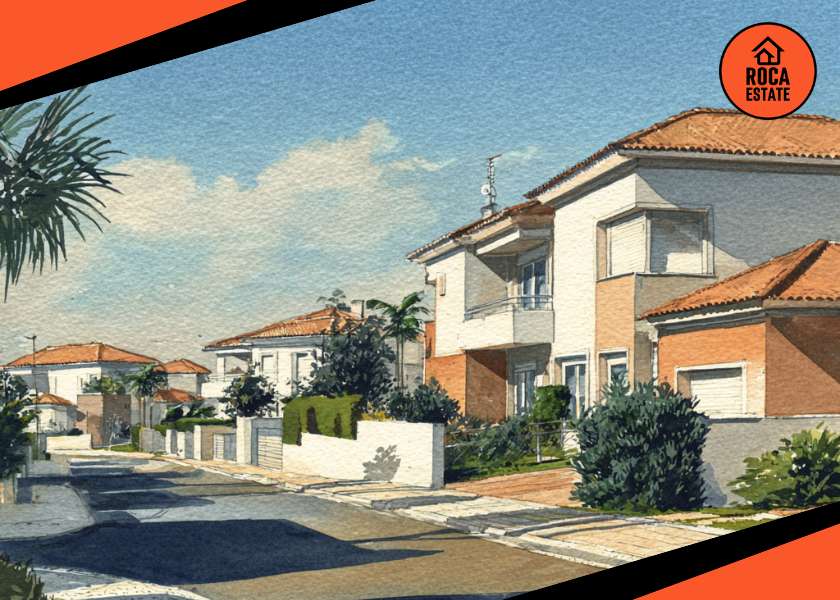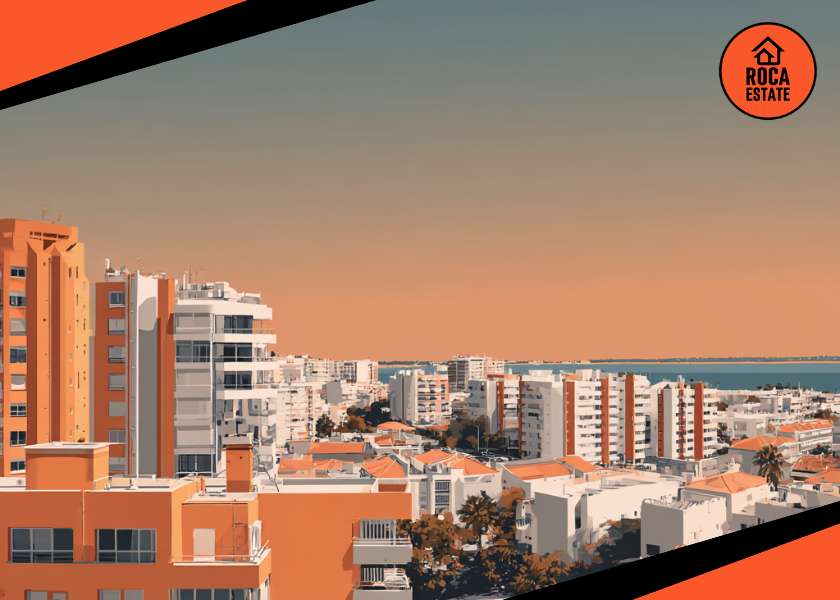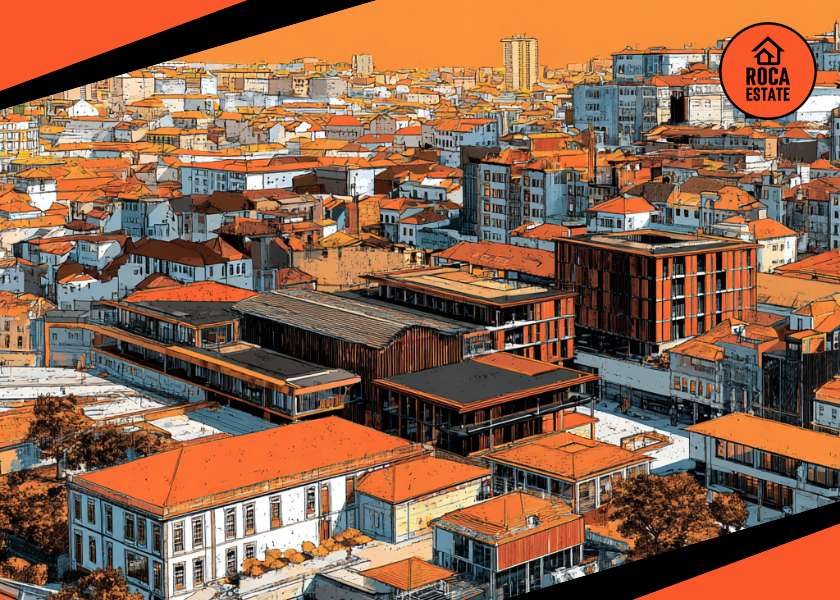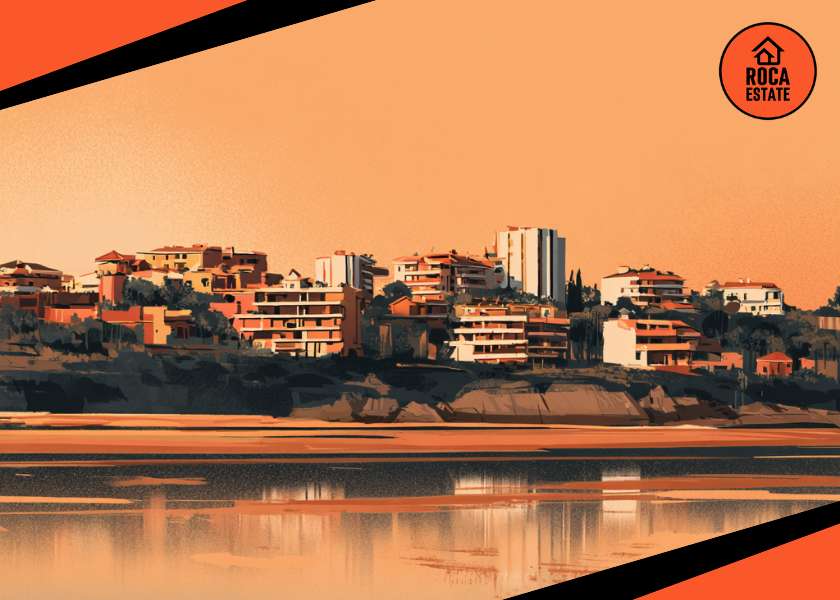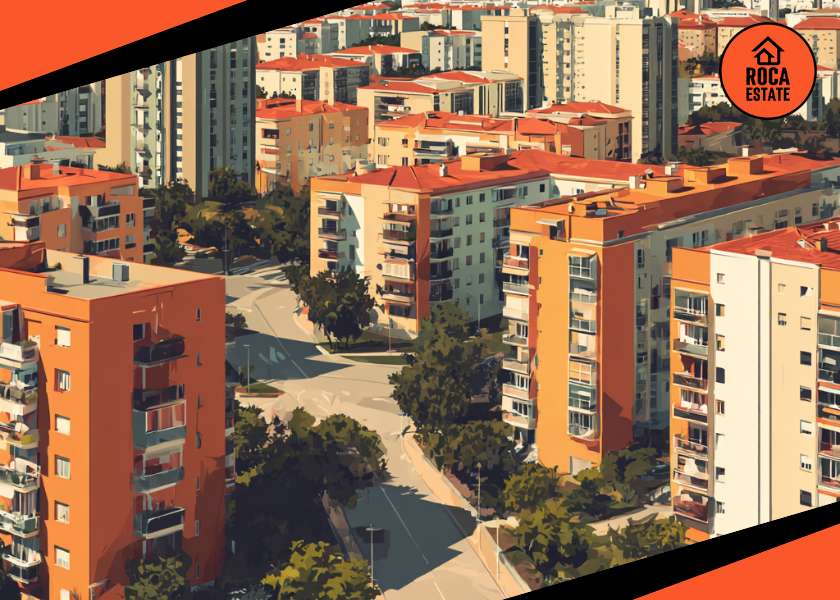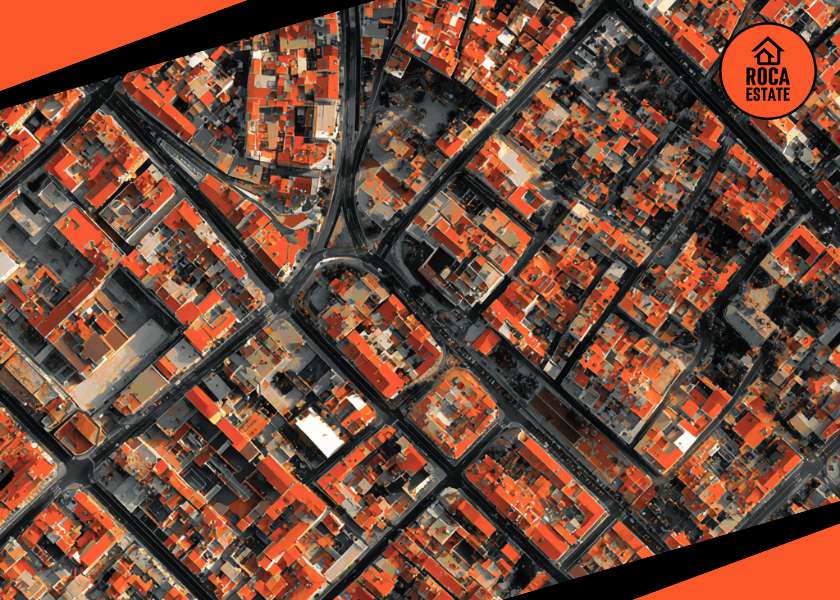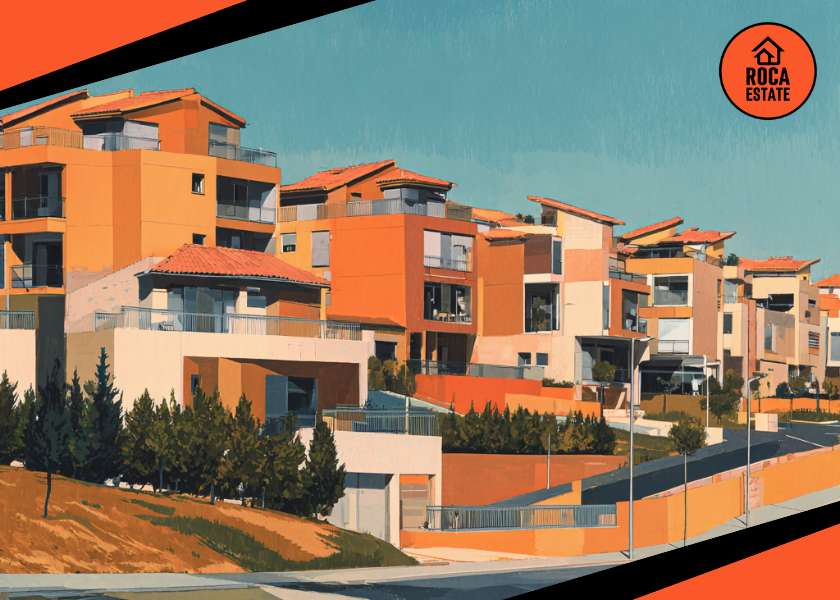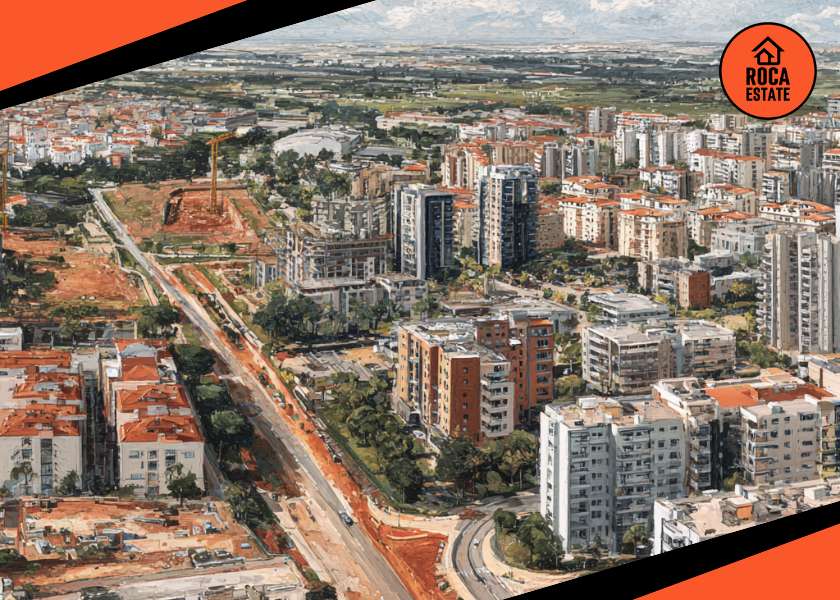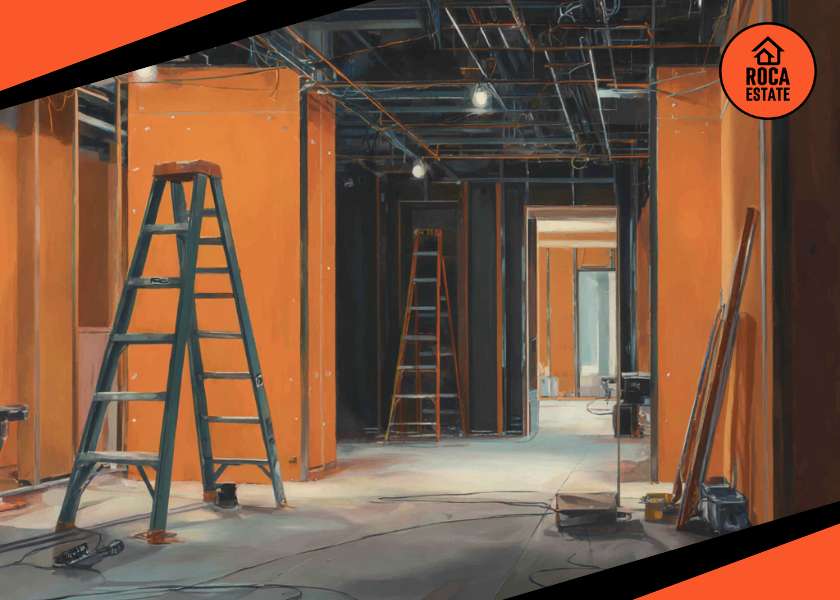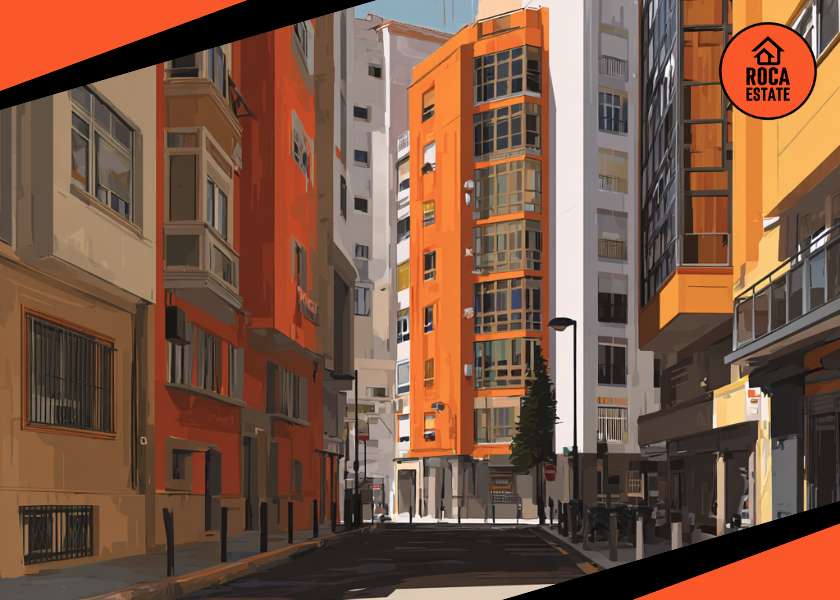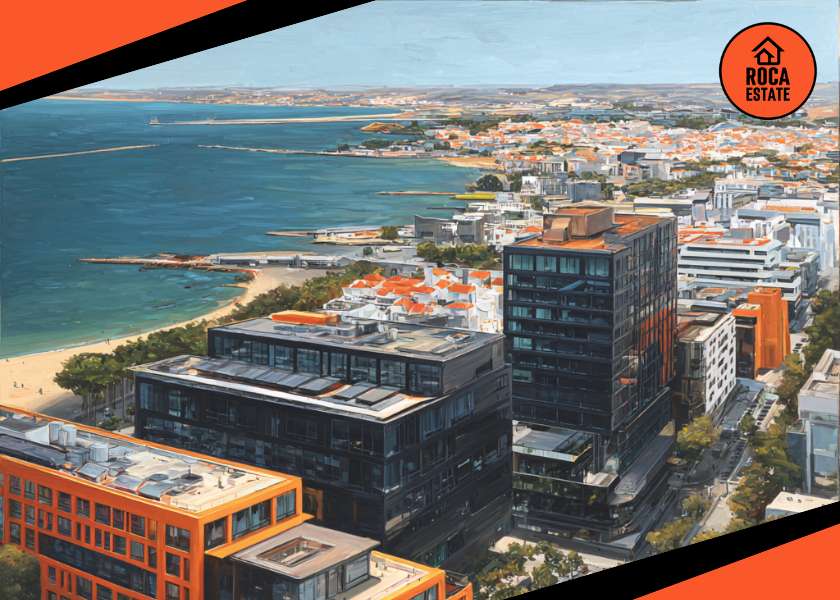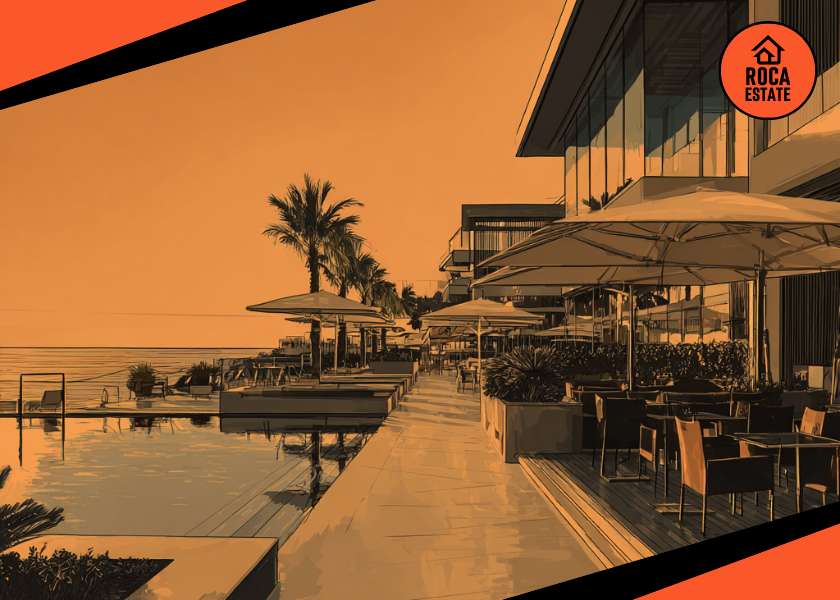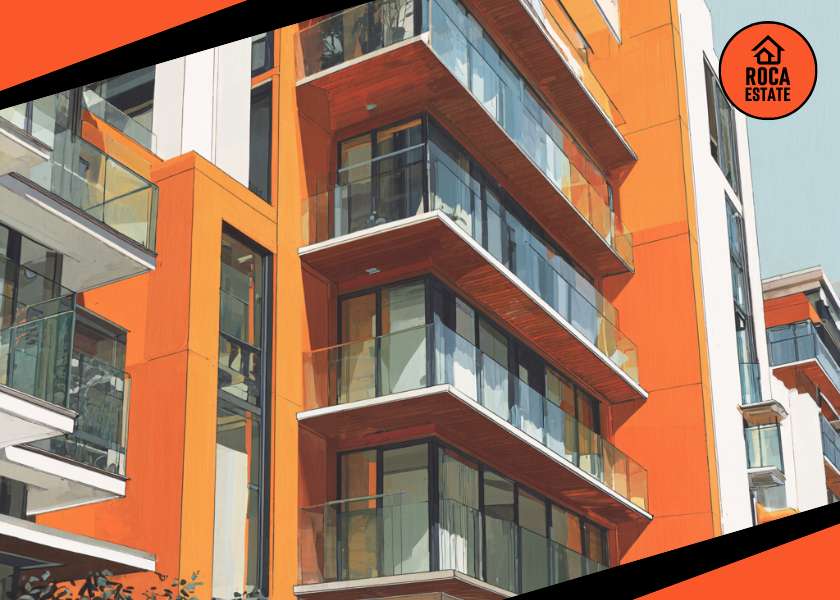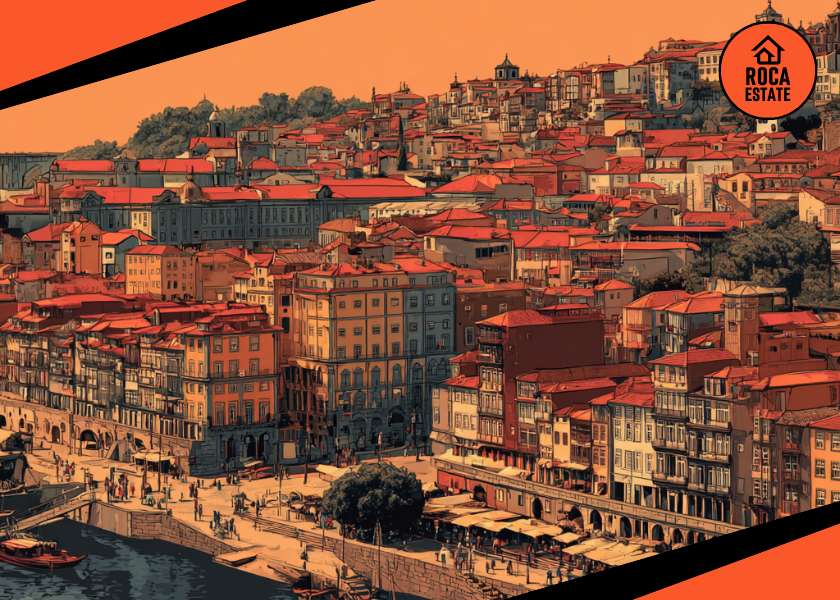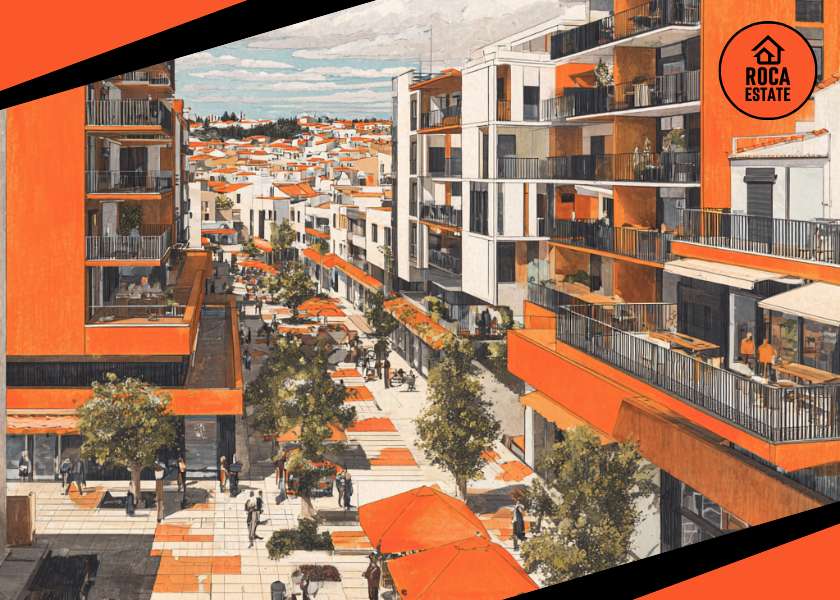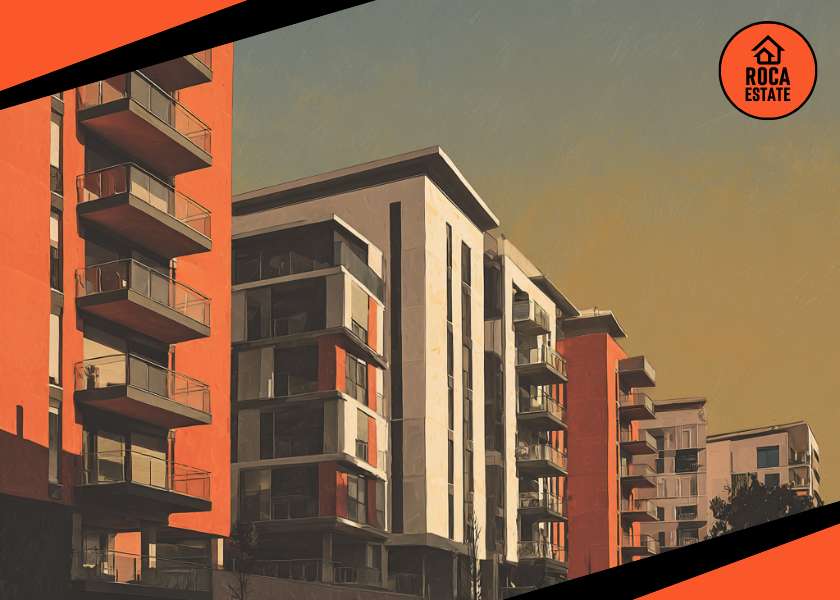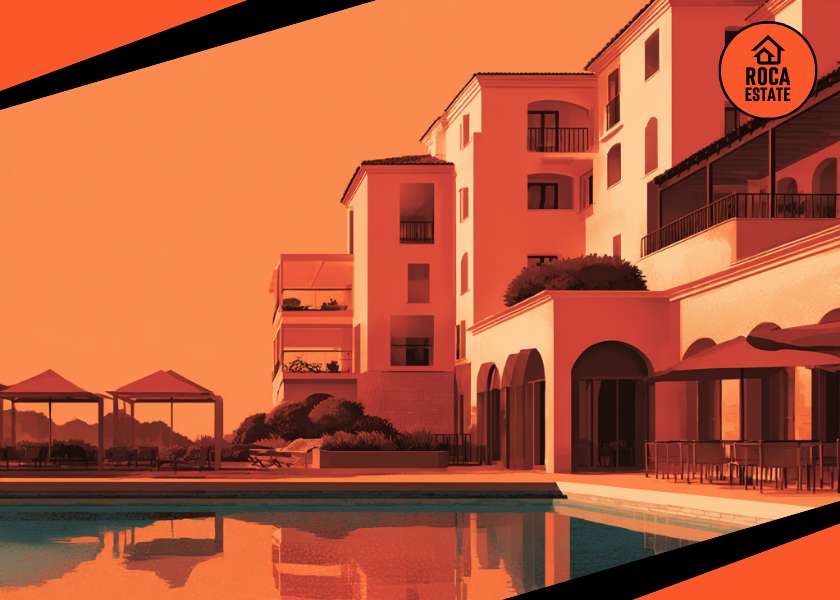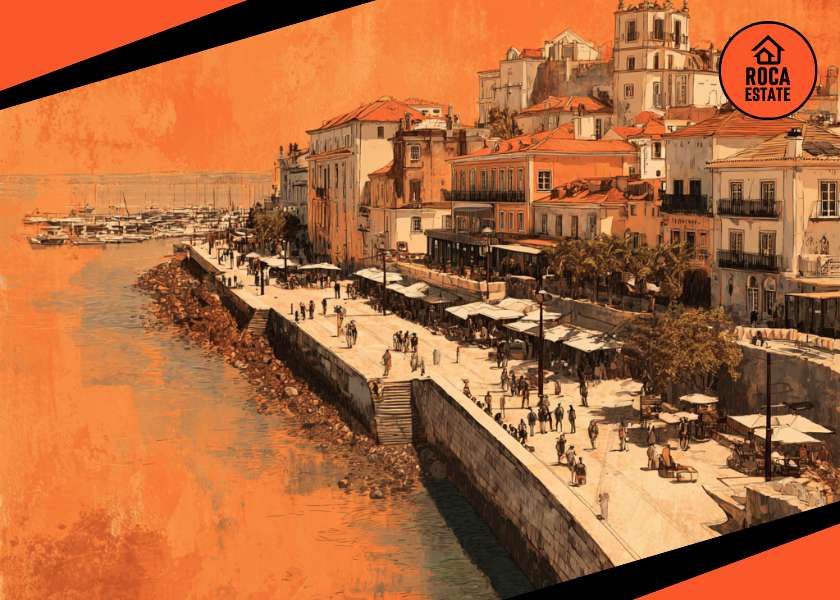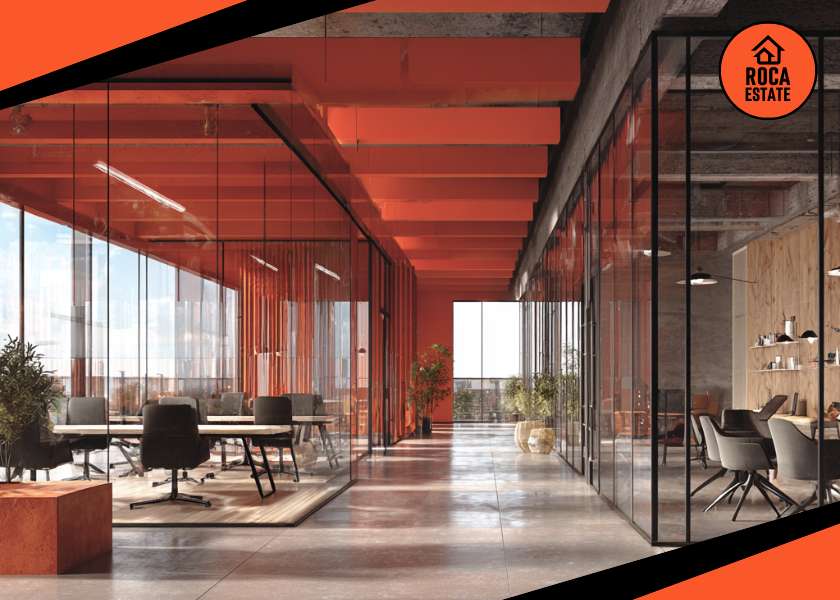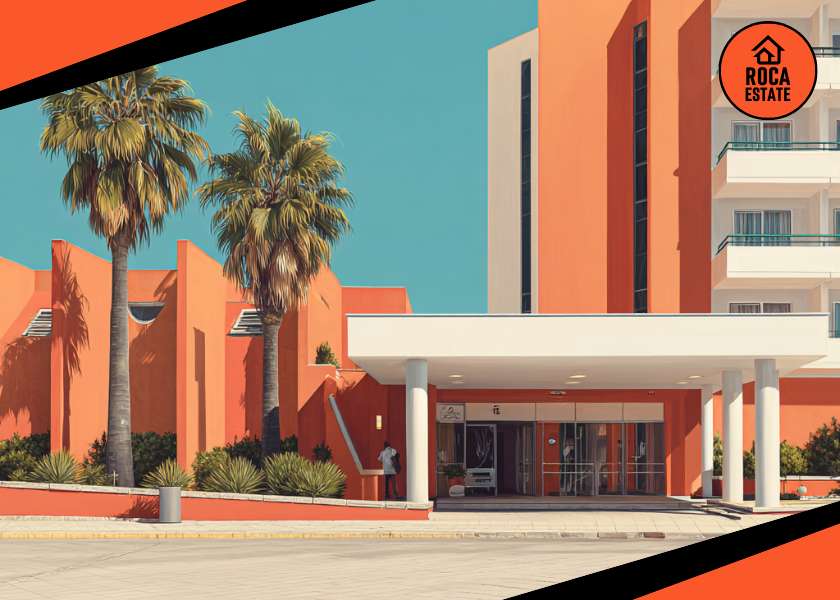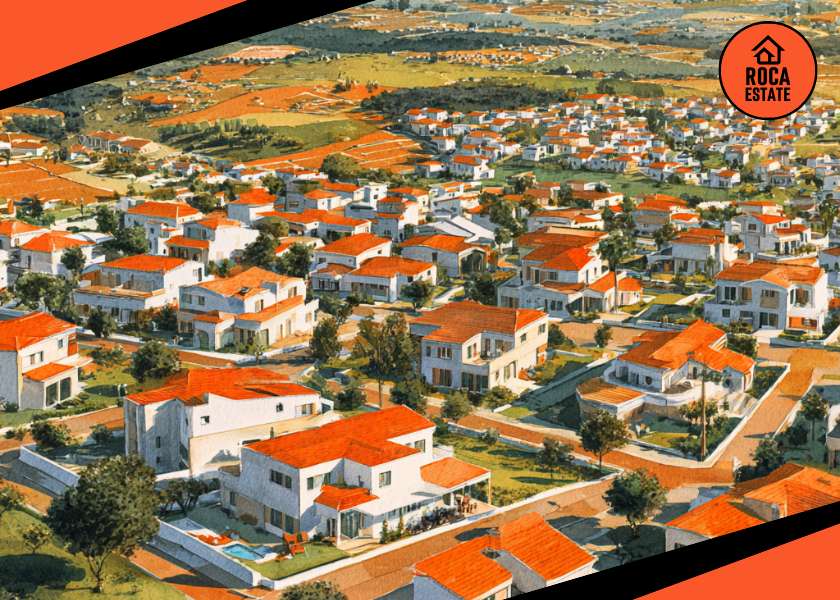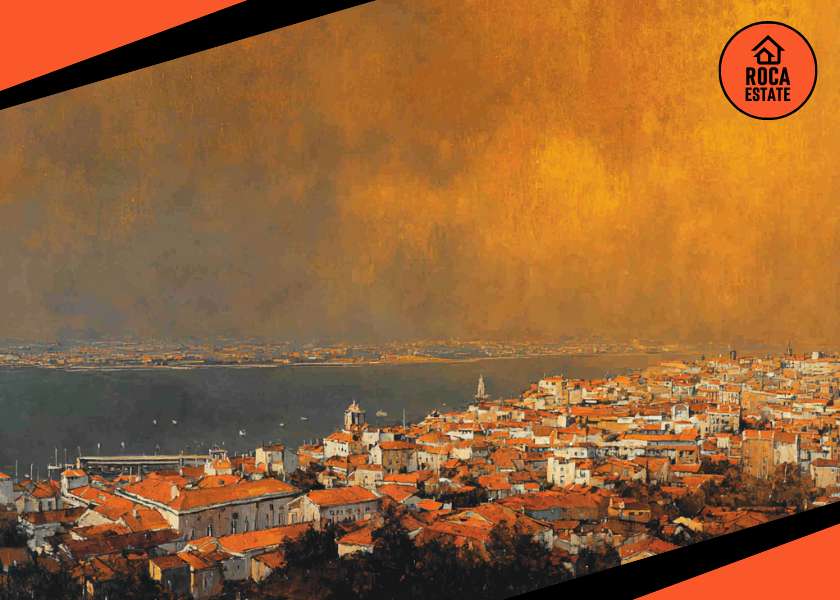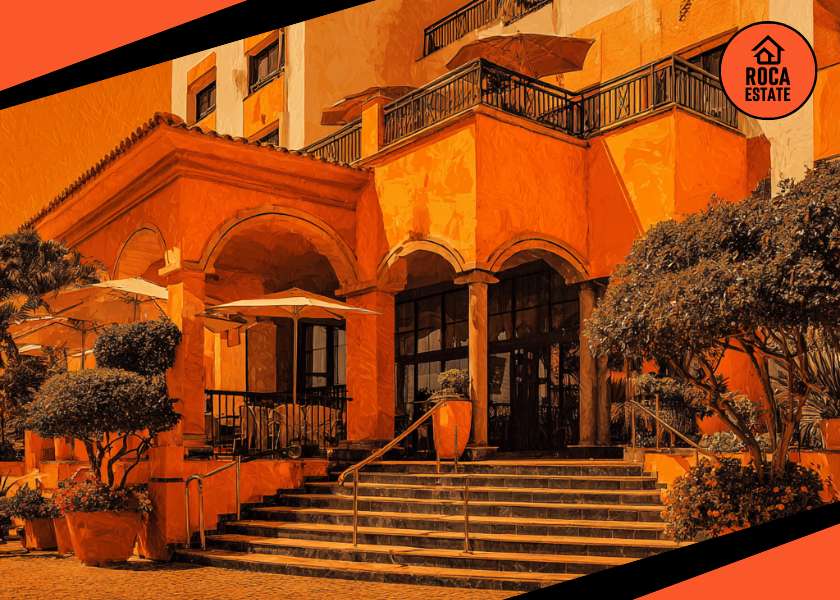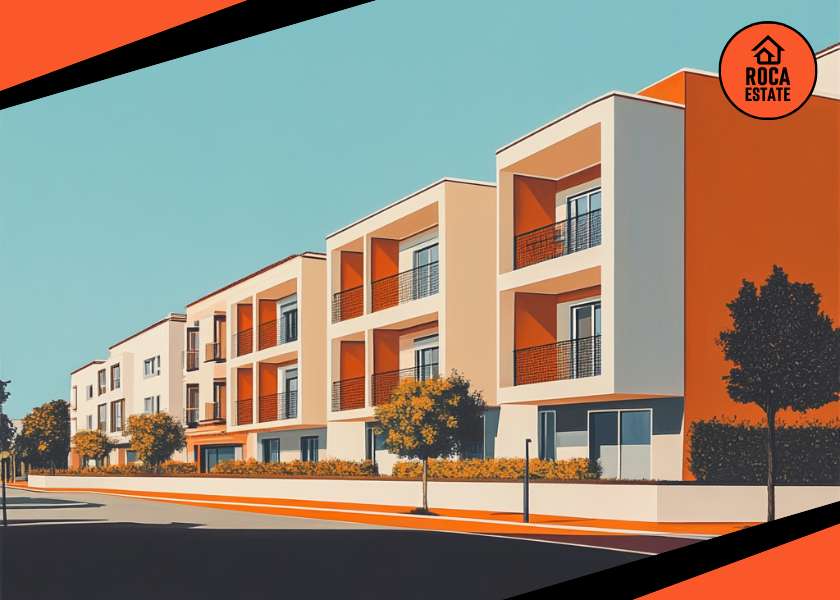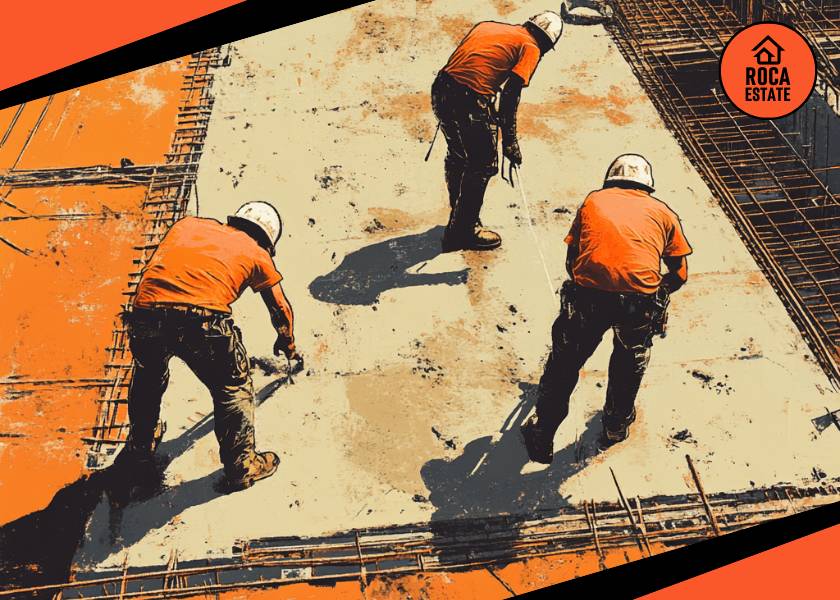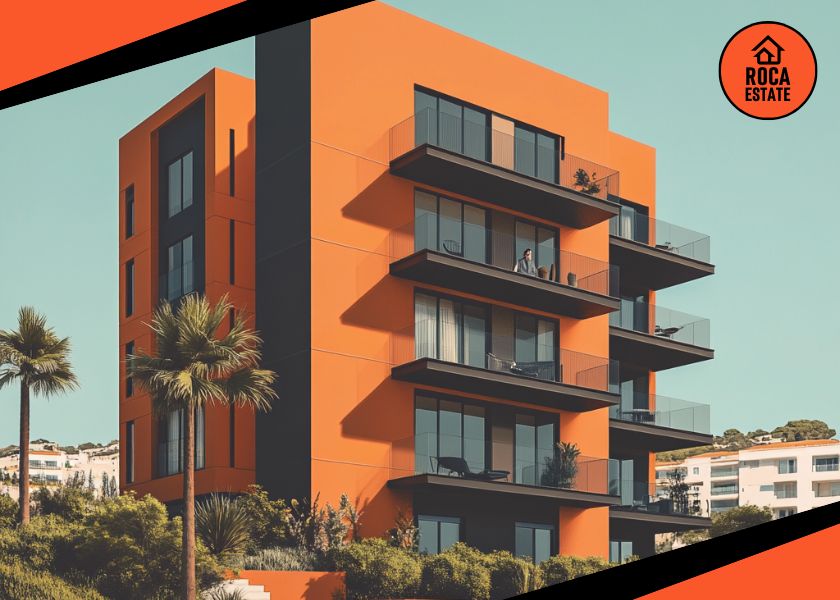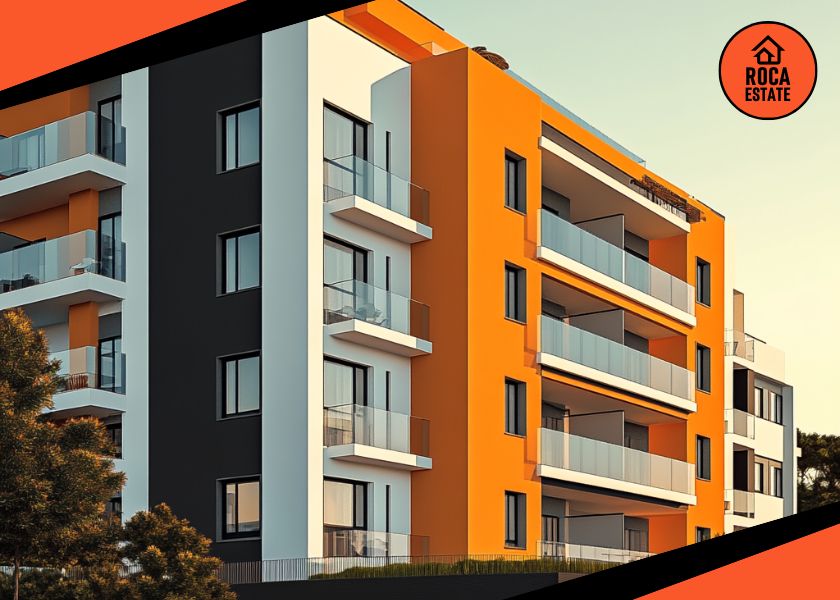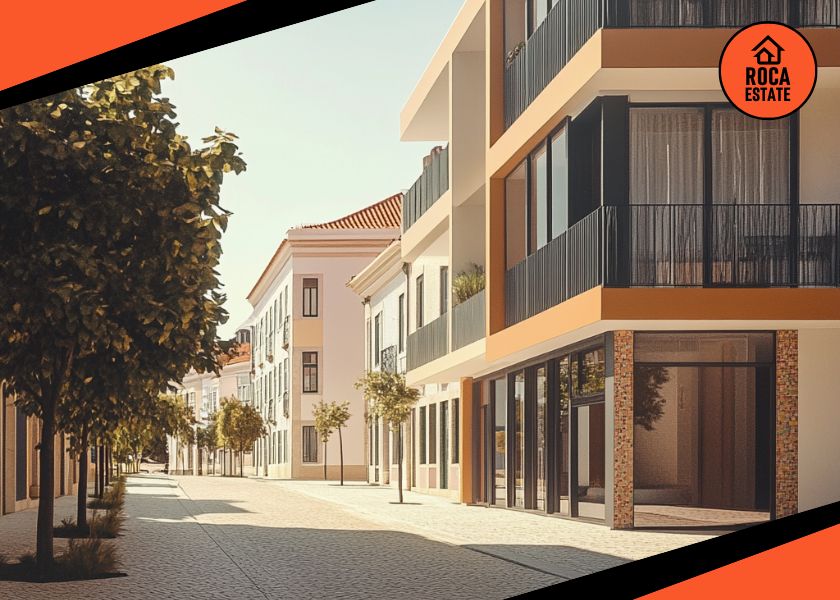Tourism real estate Portugal is gaining prominence as one of the most resilient and profitable segments of the national economy. As international tourism surges to historic highs, the demand for professionally managed hospitality assets — hotels, resorts, serviced apartments, and branded residences — is accelerating. This upward trend is creating compelling real estate investment opportunities across Portugal’s most dynamic regions, including Lisbon, Algarve, Porto, and the autonomous islands.
With tourism now accounting for a significant share of Portugal’s GDP and infrastructure investment continuing at pace, the hospitality sector is underpinned by strong economic fundamentals. Global investors are increasingly turning to commercial real estate Portugal to secure stable rental yields, hedge against inflation, and diversify their portfolios. For institutional and private investors alike, hospitality-focused assets present a strategic entry point into one of Europe’s most competitive and future-ready markets.
Portugal’s Tourism Sector at a Glance

According to the World Travel & Tourism Council (WTTC), the tourism sector contributed 15.8% to Portugal’s GDP in 2023 and supported over 1 million jobs, representing nearly 20% of total employment (WTTC, 2024 Economic Impact Report). These figures place Portugal among the top-performing tourism economies in the EU, ahead of many larger countries in relative terms.
The upward trend continued into 2024. According to INE and Turismo de Portugal, key performance indicators reached new highs:
- 31.6 million total guest arrivals, up 5.1% year-over-year
- 19.4 million international guests, up 6.3%
- 80.4 million overnight stays, a 4.1% annual increase
- €27.7 billion in tourism revenues, reflecting 8.8% growth
- Non-residents accounted for 67.7% of all overnight stays
- Estimated 29 million non-resident arrivals, up 9.3% from 2023
These metrics confirm Portugal’s sustained competitiveness in global tourism and underscore the long-term potential of tourism real estate Portugal for serious investors.
At the policy level, the government continues to prioritize sustainable and inclusive tourism development through its national strategy, “Turismo 2027”. The plan focuses on infrastructure upgrades, digital transformation, and diversifying tourism flows across all seasons and regions (Turismo de Portugal). It is supported by targeted public-private investments in transportation hubs, regional airports, and promotion in strategic growth markets, including North America, Asia, and Latin America.
Why Tourism Real Estate in Portugal Is a Prime Investment
The recent surge in tourism across Portugal continues to strengthen the investment case for tourism real estate Portugal, particularly in the hospitality sector. According to Christie & Co’s 2024 snapshot, Portugal’s RevPAR (Revenue per Available Room) rose around 7% year-over-year from an already elevated 2023 baseline of €64.8, which itself marked a 31% increase over 2019 (Christie & Co). This demonstrates both robust income potential and resilience across market cycles.
In macroeconomic terms, tourism remained a growth engine in 2024 — delivering €34 billion in GVA, equivalent to 11.9% of GDP, and attracting nearly 29 million foreign visitors. These figures underscore the consistent expansion of visitor demand — and, by extension, the rising need for quality hospitality properties.
Seasonally, the 2024 summer occupancy rate nationally reached approximately 81%, with peaks in the Azores and Madeira at 91%, the Algarve at 85%, and Greater Lisbon & Setúbal at 84% (The Portugal News). In the Algarve, even the off-season remained strong: November occupancy was 43.3%, matching pre-pandemic levels (The Portugal News). These sustained occupancy figures emphasize reliable demand year-round.
Key Investment Highlights:
- RevPAR growth: +7% YTD July 2024 over 2023
- RevPAR in 2023: €64.8, up 31% vs. 2019
- Tourism’s economic share: €34B value-added — 11.9% of GDP (2024)
- Foreign arrivals: ~29 million in 2024
- Summer occupancy highs: 81% national average; 91% in Azores/Madeira, 85% Algarve
- Algarve November occupancy: 43.3%, on par with 2019 levels
Together, these indicators reflect more than just short-term demand — they signal enduring asset value supported by occupancy-driven revenue, regional diversification, and escalating ADR (Average Daily Rate). For investors aiming to invest in hotels Portugal or seeking hospitality-focused commercial real estate Portugal, these fundamentals offer a balanced blend of income stability, capital appreciation, and resilience — underpinned by a supportive strategic backdrop and strong macroeconomic tailwinds.
Key Hospitality Real Estate Opportunities
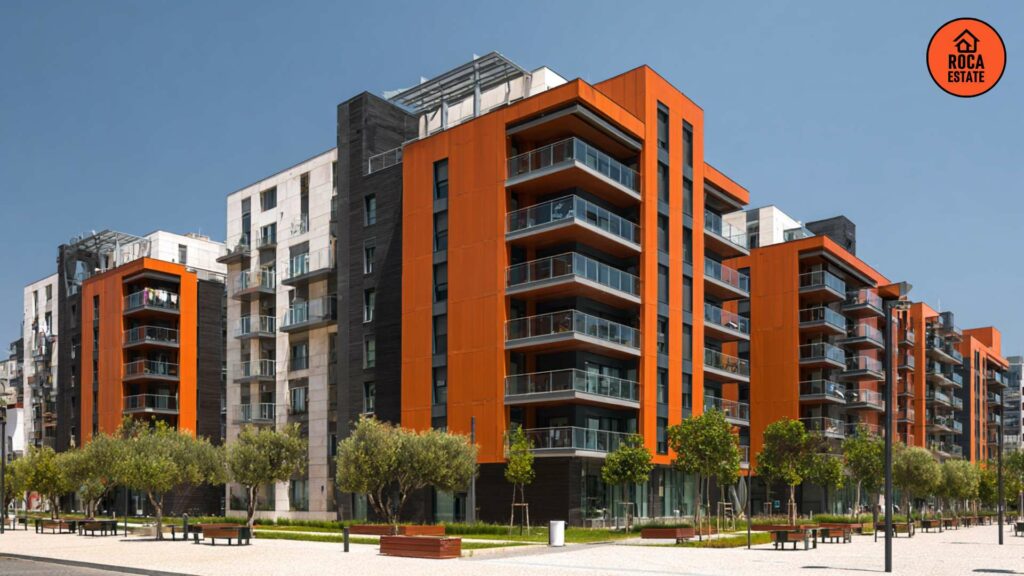
Portugal’s tourism sector is unlocking a diverse set of hospitality real estate investment opportunities that cater to varied investor strategies and asset classes. The country’s commercial landscape now supports traditional hotels, innovative aparthotels, and mixed-use projects — each with distinct profiles and revenue models.
1. Hotels & Resorts
Traditional hotels and destination resorts remain the backbone of the Portuguese hospitality market. In 2024, hotel transactions represented over 25% of total commercial real estate investment in Portugal, supported by sustained demand in Lisbon, Porto, and the Algarve (Hospitality Investor). RevPAR and ADR continue to climb steadily, especially in premium locations, making these assets attractive to institutional and private investors seeking stable returns.
2. Aparthotels & Serviced Apartments
As demand for flexibility in accommodation rises, aparthotels and serviced apartments have gained popularity among both tourists and corporate travelers. These units offer efficient operational models, lower staffing requirements, and extended-stay potential — especially in urban hubs like Lisbon and Porto. With average occupancy rates above 75%, this segment delivers reliable recurring income with lower volatility.
3. Mixed-Use Developments
Hospitality assets integrated with retail, wellness, dining, or co-working elements are gaining momentum. These developments create multiple revenue streams and attract a wider visitor base. Mixed-use formats also align with urban planning trends that prioritize livability and economic synergy across property types.
Hospitality Asset Comparison
| Asset Type | Key Advantages | Best-Suited Locations |
| Hotels & Resorts | Proven demand, strong RevPAR, institutional investor fit | Lisbon, Algarve, Porto |
| Aparthotels & Serviced Apts | Flexible use, longer stays, lean operations | Urban and suburban zones |
| Mixed-Use Developments | Revenue diversification, broad visitor appeal | Expanding urban regions |
Each asset class serves distinct market needs but shares common ground in benefiting from Portugal’s sustained tourism momentum. For investors looking to buy property in Portugal or expand into commercial real estate Portugal, the hospitality sector offers a clear path to value generation and long-term stability.
Best Regions for Tourism Real Estate Investment

Portugal offers a compelling regional framework for tourism real estate Portugal, with each area demonstrating unique strengths that align with different investor strategies. Leveraging the latest 2024 performance data enhances strategic decision-making across urban, coastal, and nature-driven segments.
Performance Highlights by Region:
- Azores led in growth with a +9.5% increase in overnight stays through mid‑2024, followed by Norte and Oeste e Vale do Tejo at +5.9%, and Setúbal at +5.9% (Christie & Co).
- Algarve, Greater Lisbon, and Norte rank among the strongest regions in absolute tourism demand year-to-date as of July 2024 (Christie & Co).
- Across 2024, arrivals and overnight stays hit all-time highs nationwide—31.6 million guests and 80.4 million overnight stays respectively—highlighting broad-based regional growth (Turismo de Portugal).
Regional Investment Opportunities
| Region | Tourism Strength & Trends | Investment Appeal |
| Lisbon & Greater Lisbon | Historic landmarks, business travel, and conference tourism | Urban hospitality, serviced apartments |
| Algarve | Leading beach destination, strong summer demand | Resorts, full-service hotels |
| Porto & Norte | Cultural heritage, wine tourism, and rising national interest | Boutique hotels, aparthotels |
| Azores & Madeira | Fastest growth, eco-tourism, and nature-based experiences | Retreats, wellness properties |
| Setúbal / Oeste / Vale Tejo | Emerging destinations with above-average growth rates | Early-stage development, mixed-use hospitality |
Why These Regions Matter for Investors:
- Lisbon & Greater Lisbon deliver consistent foot traffic from both business and leisure travelers, supporting high urban occupancy models.
- Algarve’s established brand as a premier beach destination ensures sustained summer demand and strong seasonal returns.
- Porto & Northern Portugal benefit from cultural tourism and regional spillover, opening opportunities for niche, boutique hospitality assets.
- Azores & Madeira are leading regional performers, tapping into eco-tourism and adventure segments with outsized growth potential.
- Setúbal, Oeste, and Vale do Tejo show above-average expansion, offering land-accessibility and growth advantage for early-stage investments.
Advantages for International Investors

International investors in commercial real estate Portugal, particularly in the hospitality segment, enjoy a strategic combination of financial incentives, competitive yields, and regulatory transparency — making the country a premier gateway for global capital.
Key Benefits for Foreign Investors:
- Attractive Yield Environment: In 2024, RevPAR (Revenue per Available Room) increased by 8%, reaching approximately €83.2, signaling strong hotel profitability (Cushman & Wakefield).
- Competitive Yield Margins: Hotel management agreements in Lisbon show yields around 6.0%, and Porto around 6.25%, surpassing many European peers such as Madrid (Hospitality Investor).
- Tax Efficiency via NHR 2.0: Portugal’s new NHR 2.0 (IFICI) tax regime offers a flat 20% rate on qualified Portuguese-sourced income over ten years, boosting post-tax returns (La Vida Golden Visas).
- Foreign Direct Investment Momentum: In 2024, €13.2 billion in FDI was recorded, with €3.5 billion allocated to real estate—reflecting strong international trust (Portugal Pathways).
- Strategic Recovery and Resilience: Hospitality accounted for 24% of total commercial sector growth in 2025, demonstrating robust post-pandemic recovery (GoldCrest).
- Legal Transparency and Ease of Entry: Portugal maintains strong legal safeguards for property investors and ranks positively in regulatory indexes, making it a stable environment for capital deployment.
These structural and fiscal advantages position hospitality investment Portugal as a compelling strategy for global investors seeking yield, security, and long-term appreciation. It blends operational stability with investor-friendly attributes, aligning perfectly with institutional and private wealth goals.
Long-Term Outlook
The medium- to long-term trajectory for tourism real estate Portugal remains strongly positive, anchored by expanding market fundamentals, strategic infrastructure investments, and resilient economic performance. Recent forecasts from the World Travel & Tourism Council (WTTC) project Tourism’s contribution to the Portuguese economy will swell to €74.6 billion by 2035, equivalent to 22.6% of GDP, while supporting 1.4 million jobs (WTTC). Compared to pre-pandemic levels, this reflects both catch-up growth and sustained upward momentum.
In 2025 alone, WTTC forecasts that tourism will contribute €62.7 billion, or 21.5% of GDP, while generating 1.2 million jobs — nearly one in four positions nationwide (WTTC). The growing proportion of tourism’s economic footprint suggests structural resilience, with increased domestic and international spending buffering against regional shocks.
Economic indicators reinforce this stability. S&P recently upgraded Portugal’s sovereign credit rating to A+, citing the tourism sector’s pivotal role in accelerating recovery, driving service-sector growth, and enhancing financial resilience (Reuters).
Conclusion
As Portugal’s tourism sector continues to expand, demand for hospitality-focused assets remains a key driver of commercial property performance. With strong fundamentals — rising occupancy rates, stable income streams, and long-term macroeconomic support — tourism real estate Portugal presents a compelling case for investors seeking reliable, income-generating assets in a transparent, EU-based market.
Roca Estate offers institutional and private investors tailored access to Portugal’s most promising hospitality opportunities. As a trusted real estate investment company, we provide market intelligence, deal sourcing, and full-cycle investment support across all key regions.
Contact Roca Estate to explore commercial property strategies that align with your portfolio objectives in Portugal’s high-growth hospitality sector.

